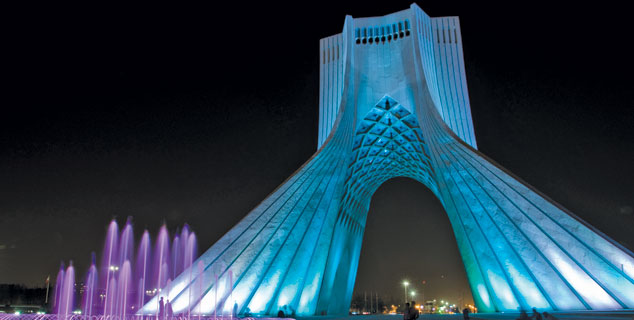
Iran has been frozen out of the international financial system by increasingly stringent Western sanctions over the past few years. But it could soon cease to be a commercial pariah. Iran and major world powers are working towards a deal, to be finalised by the end of June, that would see sanctions eased in exchange for guarantees of its nuclear development programme remaining peaceful.
That “could provide one of the most interesting investment opportunities we have seen for a long time”, says Charlemagne Capital’s Dominic Bokor-Ingram. Iran has big oil and gas reserves and daily oil exports could jump from 1 million to 3.5 million barrels a day if sanctions are lifted. But Iran isn’t as dependent on fossil fuels as most of the region.
Lower oil prices, and the associated fall in the currency, should make its agricultural and manufacturing base more competitive. The high quality of its consumer products suggests Iran could boost exports significantly, says Judith Evans in the FT.
Iran has an 80-million-strong, young population, which is fuelling consumption, and the workforce is well educated: women comprise over 50% of university students. President Hassan Rouhani has gradually liberalised the economy and tried to tackle red tape and corruption.
He is currently working on greater supervision of the banking system, an end to expropriation of land, and curbs on the power of elite military group the Revolutionary Guards. The stockmarket is the region’s second-biggest and efficiently run. If sanctions are eased, Tehran-based investment group Turquoise Partners aims to set up an index-tracking fund this year.